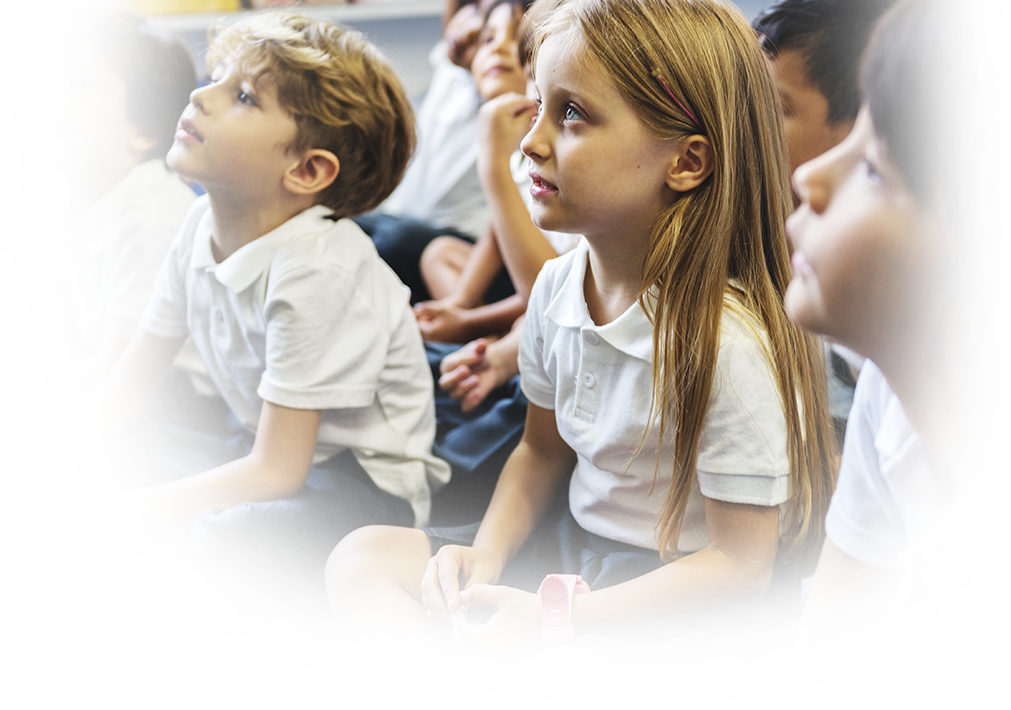Andrew Wrenn is a freelance History Education consultant. He is also a Teacher Fellow and recent trustee of the Historical Association, a UK subject organisation which promotes the teaching of history cross-phrase. Andrew is a national assessor for the Historical Association's Quality Mark Award for the teaching of history in primary and secondary schools. He is a former LA advisor for history and humanities and is an experienced teacher, trainer and writer. Andrew has had educational materials and articles published by the Historical Association, the BBC, Pearson, HarperCollins and the Oxford and Cambridge University Presses. He steered the Historical Association's KS2/3 History Transition Project and co-authored a government-sponsored HA report on Teaching Emotive and Controversial History 3-19. Andrew is a regular contributor to national UK history conferences and has also led CPD internationally in Paris, the Baltic States, Oman and Nigeria. He wrote an upper KS2 World History curriculum for teaching in Kazakh schools and his materials are in use in schools as far afield as Australia and Pakistan as well as in the UK.
See more from Andrew WrennIntegrating Climate Education into a High-Quality History Curriculum | Primary
This webinar will provide headteachers, governors, senior leaders, history leads, teachers and practitioners with advice and practical guidance on integrating climate education into the primary history curriculum, as part of a holistic approach to develop pupils’ knowledge and understanding of climate change.

This webinar will provide headteachers, governors, senior leaders, history leads, teachers and practitioners with advice and practical guidance on integrating climate education into the primary history curriculum, as part of a holistic approach to develop pupils’ knowledge and understanding of climate change.
The DfE’s policy paper Sustainability and climate change: a strategy for the education and children’s services systems highlights the urgent need to give children and young people ‘the knowledge and skills to thrive in the green economy and to help restore nature’. By interweaving climate education across the curriculum, schools can provide pupils with a much deeper insight into the truth about environmental issues, and their role as agents of change.
In this webinar, Andrew Wrenn, experienced history education consultant, national assessor, teacher, trainer, writer and adviser, explains how primary schools can use history lessons to build the foundations of climate literacy, using practical examples and activities to enhance teaching and learning.
